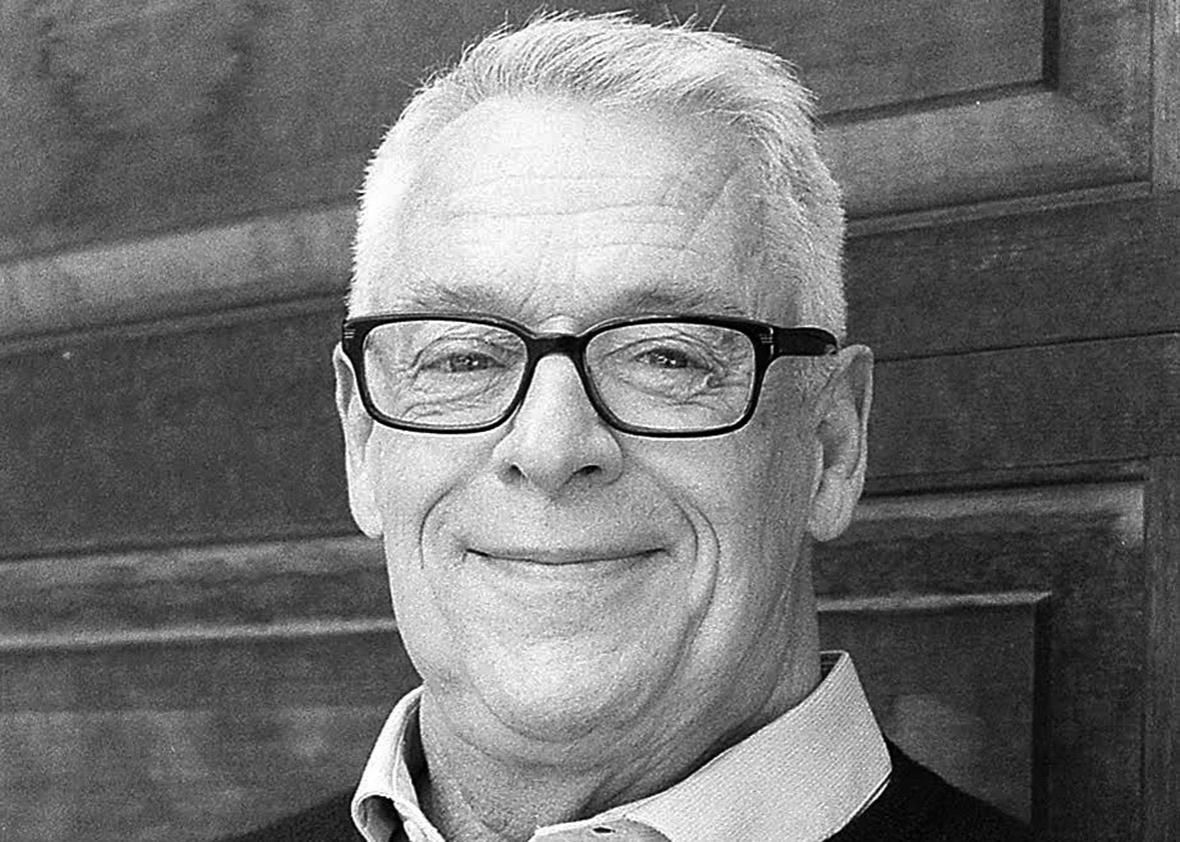Bullies roamed his high school gym class, so Cleve Jones feigned a chronic lung ailment and retreated to the library. It was on one such occasion that he flipped through the magazine that likely saved his life. A headline piqued Jones’ interest: “Homosexuals in Revolt!” It topped a Life report on the nascent gay liberation movement that was taking root in New York and California. The year was 1971.
“I’m pretty sure that was the exact moment I stopped planning to kill myself,” Jones, 62, says in his new memoir, When We Rise: My Life in the Movement. “I took the pills I had been hoarding from their hiding place and flushed them down the toilet.” Until then, Jones says, he had thought there was no one else like him on the planet.
From there, Jones takes readers on his thrilling, if perilous, voyage from fey, long-haired teen hitching his way from his home in Arizona to San Francisco, to becoming the mentee of Harvey Milk, one of the first openly gay elected officials in America. Jones survives San Francisco’s viciously homophobic police in the ’70s and, later, the AIDS epidemic that took his dearest friends. In the process, he helps mobilize the anguished, fiery momentum of LGBTQ rights in the United States and also conceives the Names Project AIDS Memorial Quilt. His life story continues to impress; When We Rise is credited as an inspiration for the ABC miniseries of the same name that is expected to premiere in February 2017. Jones was a historical consultant for the TV project but says he hasn’t yet seen it.
It seems only fitting to talk to Jones, a grass-roots political firebrand, at a time when the election of Donald Trump feels like a massive setback for progressive, pro-LGBTQ policies. Describing himself variously as “terrified” and “heartbroken” by the results, Jones is nevertheless unbowed: “The next person to tell me we survived Reagan and Bush is going to get slapped.”
He blames the Clinton upset, in part, on the Democratic Party’s failure to give voice to the pain of working-class white voters in the Rust Belt, who haven’t recovered from the collapse of the housing market, among other economic catastrophes. “They lost their homes. They lost their pensions. Deep down, they know their jobs aren’t coming back, that they were replaced by robots a long time ago,” he said.
After backing Sanders in the primaries, Jones later campaigned and voted for Clinton. Still, he says he is tired of what he sees as elected officials reinforcing the status quo. When We Rise is critical, for example, of Sen. Dianne Feinstein, president of San Francisco’s Board of Supervisors from 1970 to 1978 and, after that, the city’s mayor for a decade. He describes Feinstein as being “a polite, moderate centrist” during the great upheaval of the city’s LGBTQ civil rights struggle and the devastating assassination of Milk, one of the movement’s visionaries. (Feinstein succeeded George Moscone as mayor after he was killed along with Milk.)
His memoir also takes aim at former Rep. Barney Frank, author of the Employment Nondiscrimination Act, known as ENDA. Jones, who works with the labor union UNITE HERE spearheading efforts to reduce homophobia in the hospitality industry, recalls phoning Frank in 2009 and asking him to amend ENDA to add protections from discrimination in housing. When Frank replied, “No, we don’t need it. Landlords love gay people,” Jones at first thought he was joking. “I wondered how often he ventured away from Provincetown and Dupont Circle,” Jones said.
Describing Frank as one of the most intelligent people to serve in Congress, Jones nevertheless says: “His role in the struggle for LGBT rights is exactly the same role he played during the Sanders campaign. His allegiance is to the Democratic Party, to the Democratic caucus in the House, and to protecting those institutions from attacks from the left.” Jones says that without “disruption,” little will change.
So where do progressives go from here in the aftermath of the Trump victory? For Jones, the most pressing issue is defending those facing potential deportation: “For the families fearful they’re going to be ripped apart, what can we do?” He says the answer lies in a relentless combination of traditional organizing in the streets, editorial and letter-writing campaigns, and civil disobedience. The last he defines as, “What it takes for the bankers, venture capitalists, and corporate leaders to feel that their bottom line may be threatened by continued unrest.”
Jones then pauses, clearly overwhelmed. “I feel a bit of fear right now, talking to you, because we don’t know what’s coming down the road.” He wants people to be bold, to understand they’re going to have to take risks. “I want them to reach beyond their own bubbles and borders and hold themselves together,” he says. “Be fearless and get ready for a long, ugly fight.”
